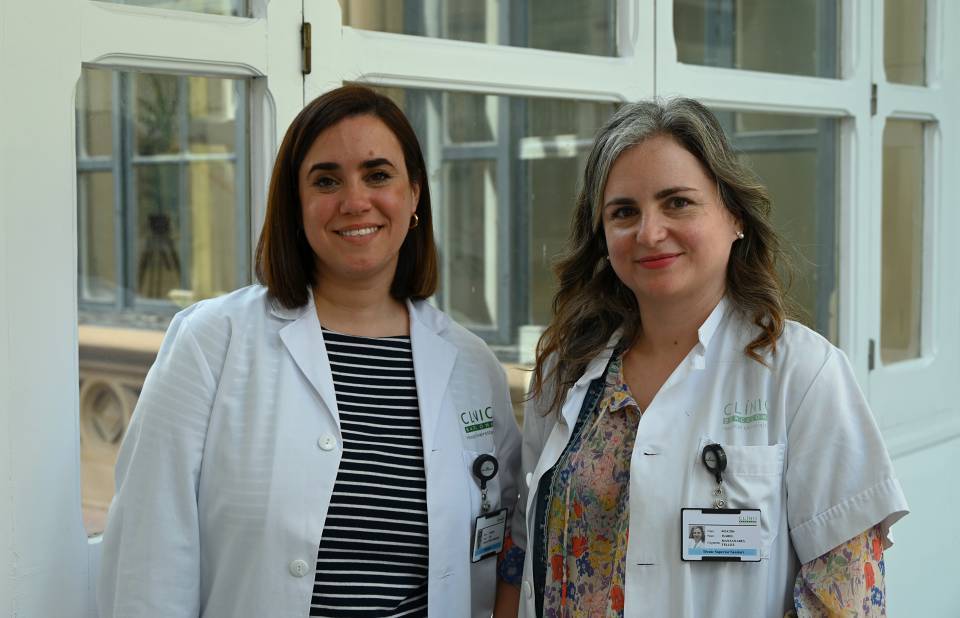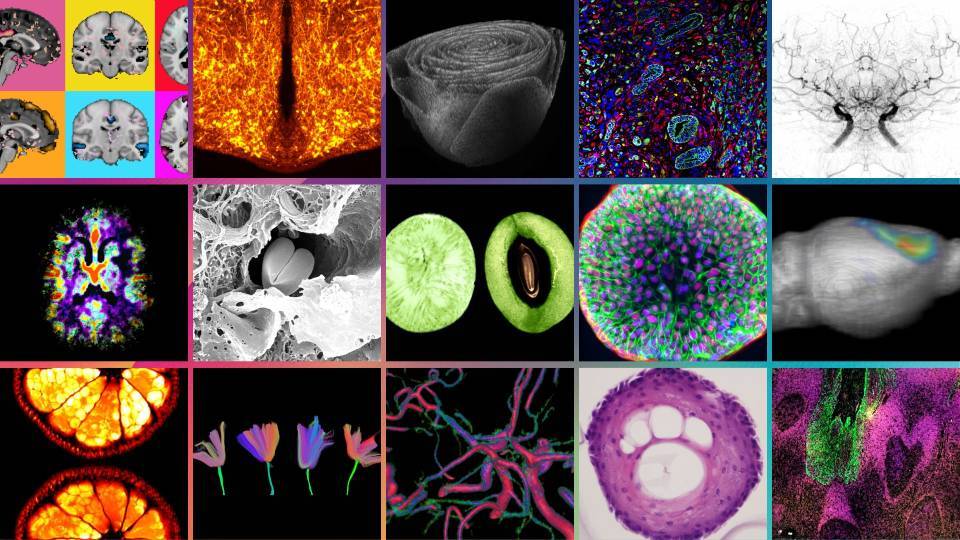"People are often surprised when they learn that a nurse is doing research", says Ana Pérez Perdomo, recently appointed as a Research and Teaching Support Nurse at Hospital Clínic Barcelona and a member of the IDIBAPS Research in nursing group. "And people who do know think that we only provide support for doctors, when that is not the case: we have our own research projects".
Isabel Manzanares Téllez, an advanced practice nurse in the Epilepsy Unit of the Hospital Clínic Barcelona and a member of the IDIBAPS Clinical Neurophysiology group, agrees: "There is a very classical view of the work nurses do, but we are a highly professional group that has evolved greatly as knowledge of diseases and their treatment has also evolved. And we can contribute enormous value in the field of research, as we have a more holistic view of the patient and are closer to their day-to-day life and their needs, which enables us to suggest interesting ideas".
"Research requires a multidisciplinary approach", adds Pérez Perdomo. "Blending the knowledge, skills and experience of different professional profiles enriches us and helps us to address our patients’ problems better".
Nurses mainly lead research projects that focus on improving patient care. "One of the advantages is that our research can be translated into clinical practice more easily, demonstrating its application to patients", says Pérez Perdomo. In addition to their own projects, nurses also provide support to other researchers, collecting samples, reviewing scientific literature, preparing patient interviews, assisting with clinical trials and so on.Doing research to improve care
Advanced practice nurses have specific training and skills that equip them to provide quality specialised care to patients, and their training also includes teaching and research. "Research has a highly positive impact on direct patient care", says Manzanares Téllez. "It is very different to carry out an intervention because you are told to do so than to do it because you yourself have shown that it is effective. To provide nursing care of excellence it is vital to generate and share new knowledge".
One of the problems is the shortage of time and resources for research, as well as the enormous pressure nurses are under in their work of providing care. "Doing research is not easy in any field or for any group, and that includes nurses", says Pérez Perdomo. "Europe – and especially the Nordic countries – is years ahead of us. The idea of research nurses is much more firmly established there, and this is something we have still to achieve here".
According to Manzanares Téllez, "research is very stimulating work, but it is also very intense – you have to dedicate a great deal of time and energy to get a scientific article published".
Although the environment does not make things easy, Clínic-IDIBAPS encourages nurses to pursue research projects. "We are lucky to work at a pioneering hospital that fosters and values research", says Manzanares Téllez. "Our management team promotes research and offers grants and intensification measures to enable nurses to combine their care work with research".




